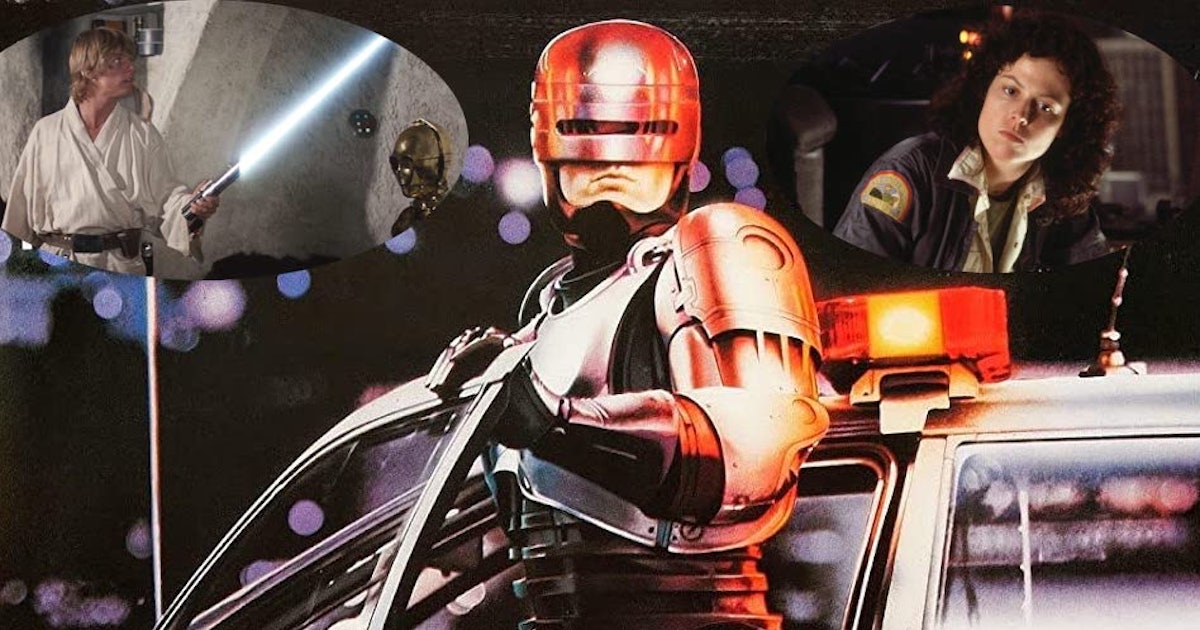Swank
and debonair
- Joined
- Feb 25, 2022
- Messages
- 2,756
I think this article's theory has a lot to do with what happened.Lucas talked about other movies since 1980.
I know that after 1983 there was a lot of talk about him doing more films and people waiting and waiting and waiting and waiting.
And then SE versions came out and people were excited and then the first prequel came out and ...uhhh.
But I think if one takes a cinema archeologist view, what happened with Star Wars is that FX novelty wore off by the time of the prequels.
It's like this--in 1900, someone slipping on a banana peel on film would have been the talk of the town. It would be like Moses parting the Red Sea. Because no one had ever seen anything like a projected motion image before. It was bigger than the internet.
But eventually people get used to it. Someone slipping on a banana peel would not elicit the same reaction in the 1930s or 50s or 90s..
Not the WOW aspect.
The original Star Wars was able to do something cinematic that was entirely new in experience and that was the core of its appeal. And you just can't do it anymore.
So for movies like Star Wars today, the challenge is, how do you make the banana peel gag exciting?
I am skeptical it can be done.
Avatar was probably the last movie where they pushed the boundaries of visual experience but not enough or with too limited a story or characters to make it memorable.
In theory someone could do a Star Wars pastiche that makes some people go "hey that's neat" but it would never capture the same audience reaction because people have seen it already.
The Star Destroyer descending from the top of the screen had never been done--so that was amazing.
You can't do it now.
But maybe it is a good thing because some criticism of Star Wars were about story and character--and so you could have something similar with more of a dramatic depth maybe.
I have said it before--the real stars of Star Wars were the technicians. The FX crew, and especially Ralph McQuarrie. I think he put more butts in seats than anyone else by his costume and production design as well as the ship designers.
TIE fighter especially. There had never been a spaceship like that.
Maybe in a Japanese movie.
People who had zero interest in sci-fi went to see it because of the unique visual and sound experience.

Star Wars kicked off the '80s, but this sci-fi show ended them
If 'Star Wars: A New Hope' is really an '80s movie, even though it came out in 1977, where do the real '80s begin and end?
But I heartily agree that the design of SW is the star. But not just the sets or the models - sound, music, wardrobe, plot, characters. Han Solo shooting first is character design. So is Luke's fearless enthusiasm. These characters are aliens surrounded by alien stuff in a very convincing way.
The type of earnest SF that died in the late '80s was reincarnated with Christopher Nolan and Denis Villeneuve. Or even Alex Garland and George Miller. It's too bad people like that weren't involved in the follow on films.

